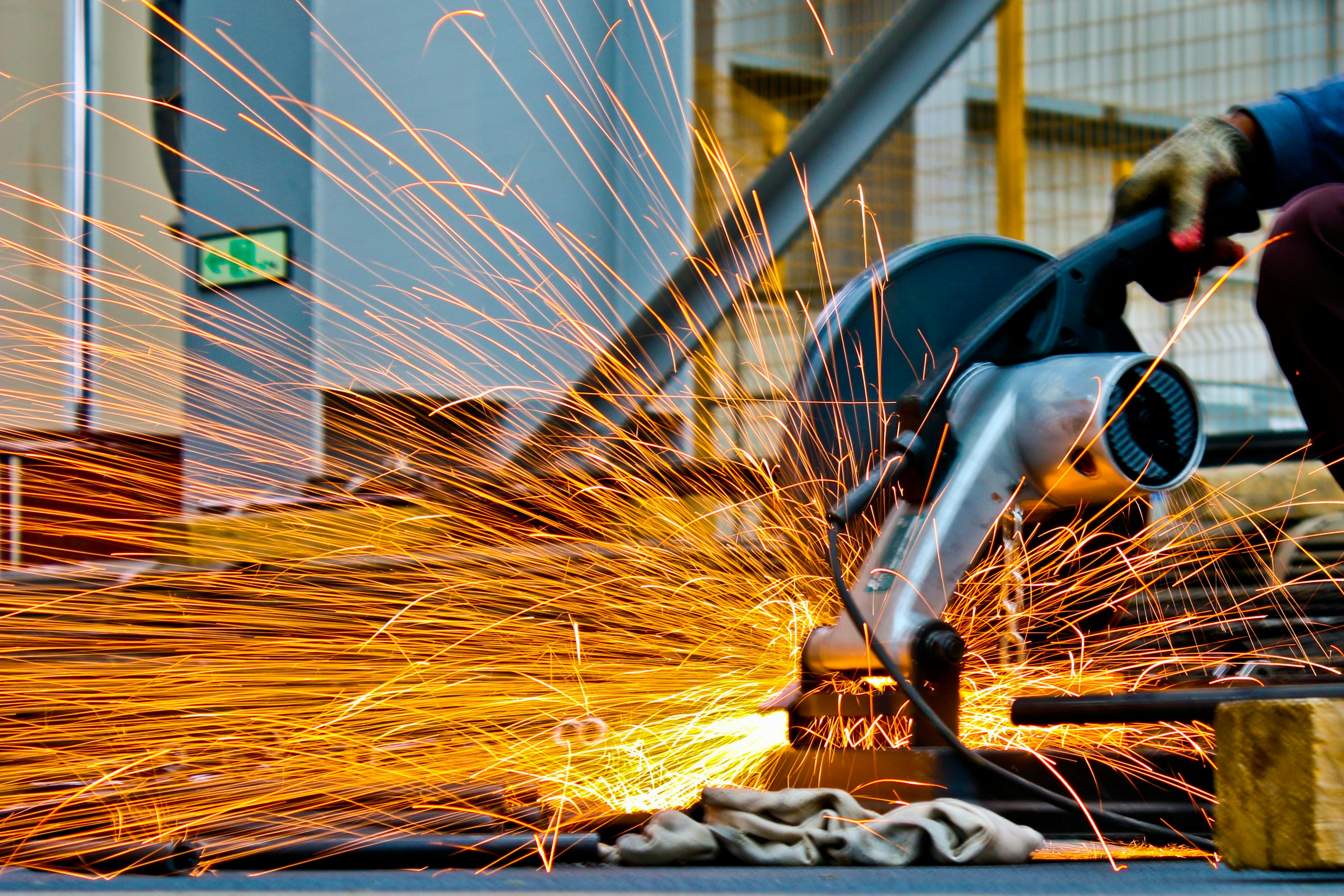Achieve exceptional welding results with budget-friendly machines
The world of fabrication is witnessing a revolution. Innovative welding machines boost precision and efficiency, transforming industries as diverse as construction, automotive, and aerospace. These power-packed tools have evolved from rudimentary welding devices to sophisticated machines that deliver flawless results each time.

Quality welding can be achieved without overspending, but success depends on matching tools to tasks and using proper technique. This article explains how budget-friendly machines deliver Affordable Performance: Quality Welding on a Budget, outlines Great Career Potential: Why Welding Jobs are in High Demand, shares Tips and Facts: What You Need to Know About Welding Machines, and offers Where to Find Welding Machines: A Comprehensive Guide to help readers compare options and costs.
Affordable Performance: Quality on a Budget
Affordable Performance: Quality Welding on a Budget is about practical choices rather than compromises. Entry-level inverter-based MIG and TIG welders now offer stable arcs, adjustable settings, and solid duty cycles that suit hobbyists, small shops, and mobile repair work. Focus on machines with reliable cooling, clear control panels, and compatibility with common consumables so you don’t face hidden additional costs. Used or refurbished units from reputable sellers can provide substantial savings if inspected for wear, proper wiring, and intact torches or leads.
Choosing the right consumables and settings often matters more than raw machine power. For light fabrication, a 120–240V MIG unit with adjustable voltage and spool gun compatibility will cover a broad range of tasks. For sheet metal and stainless work, look for TIG machines with stable low-amp performance. Matching wire diameter, gas mix, and amperage to the metal thickness improves weld quality significantly and reduces wasted consumables.
Great Career Potential: Why Jobs Are in Demand
Great Career Potential: Why Welding Jobs are in High Demand relates to continuing needs in construction, manufacturing, infrastructure maintenance, and specialized fabrication. Skilled operators who understand metallurgy, joint preparation, and safety protocols are sought after for consistent, code-compliant work. Training programs and certifications help demonstrate competence to employers and can increase the range of projects you can work on.
Welders who learn multiple processes (MIG, TIG, stick) and basic machine maintenance typically become more versatile on job sites. Employers value workers who can set up equipment efficiently, troubleshoot common issues such as porosity or poor penetration, and follow welding symbols and drawings. While regional demand varies, the ability to perform quality welds reliably tends to improve long-term opportunities in trade settings.
Tips and Facts: What to Know About Machines
Tips and Facts: What You Need to Know About Welding Machines include understanding duty cycle, input voltage, and process suitability. Duty cycle—expressed as a percentage—indicates how long a machine can run at a given amperage before needing a cooldown. For regular small-to-medium projects, a 30–60% duty cycle at working amperage is practical. Input voltage dictates whether a unit fits a standard workshop outlet or requires three-phase power.
Safety and ergonomics are equally important: use appropriate PPE, inspect leads and hoses, and ensure proper ventilation. Regular maintenance—cleaning fans, checking connections, and replacing consumables—extends equipment life. Documentation such as manuals and wiring diagrams helps when performing routine checks. If portability matters, evaluate weight, case durability, and built-in handles or carts.
| Product/Service | Provider | Cost Estimation |
|---|---|---|
| Small MIG inverter (entry-level) | Hobart Handler 140 or similar | US$400–$700 (new) |
| Multi-process inverter (MIG/TIG/Stick) | Forney, ESAB or similar | US$600–$1,200 (new) |
| Professional MIG (240V) | Lincoln Electric, Miller Electric | US$1,200–$3,000 (new) |
| Compact TIG welder (AC/DC) | ESAB, AHP (budget brands) | US$500–$1,800 (new) |
| Refurbished/basic used units | Local tool dealers, online marketplaces | US$150–$900 (used, condition dependent) |
Prices, rates, or cost estimates mentioned in this article are based on the latest available information but may change over time. Independent research is advised before making financial decisions.
When comparing models, confirm warranty coverage, replacement part availability, and local service options. Buying from recognized manufacturers often brings better documentation, safety certifications, and longer-term support, while some value brands provide good entry performance for hobbyists and small shops.
Where to Find Machines: A Comprehensive Guide
Where to Find Welding Machines: A Comprehensive Guide points you toward a mix of sources. Manufacturer dealers and authorized distributors offer new units, warranties, and technical support. Local equipment rental centers allow short-term trials for specific projects without purchase. Independent tool shops and industrial suppliers stock consumables and can advise on local service technicians. Online marketplaces list new and used machines, but exercise caution: verify seller ratings, request photos of serial numbers, and ask about any known repairs.
For used equipment, inspect cooling fans, cables, torches, and control knobs. Ask for proof of function, and if possible, see the unit running under load. Some vocational schools and community training centers also sell surplus equipment or can recommend dependable suppliers in your area.
Choosing a budget-friendly machine requires balancing initial cost, expected workload, and long-term reliability. Assess the typical thickness and type of metal you’ll weld, portability needs, and whether future scaling will require a higher-capacity unit.
Quality can be achieved on a budget by prioritizing the right features for your work, maintaining equipment properly, and learning technique. Evaluate providers and models carefully, consider refurbished options from reputable sellers, and ensure safety and maintenance plans are in place to extend the life and performance of any selected machine.




